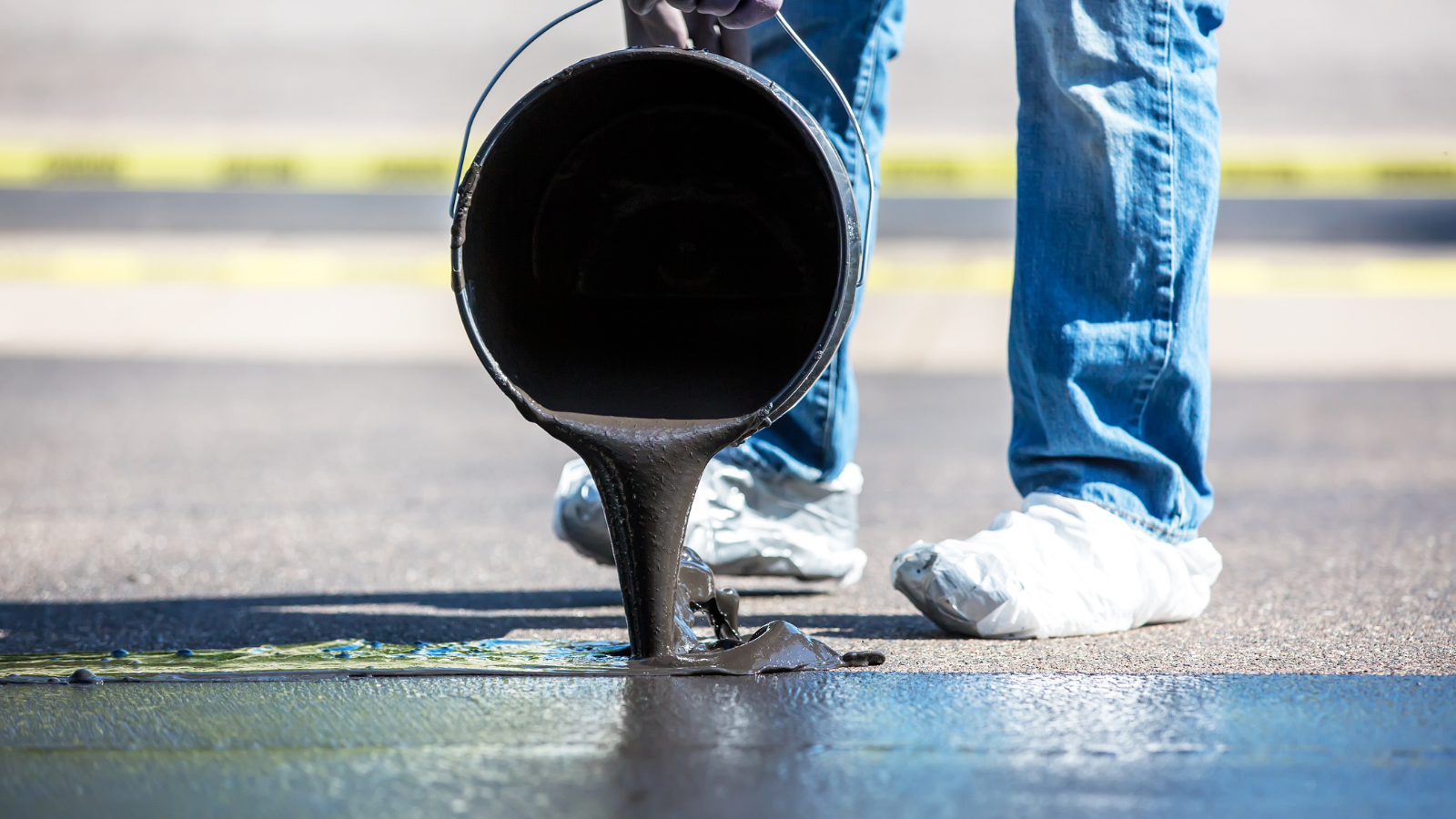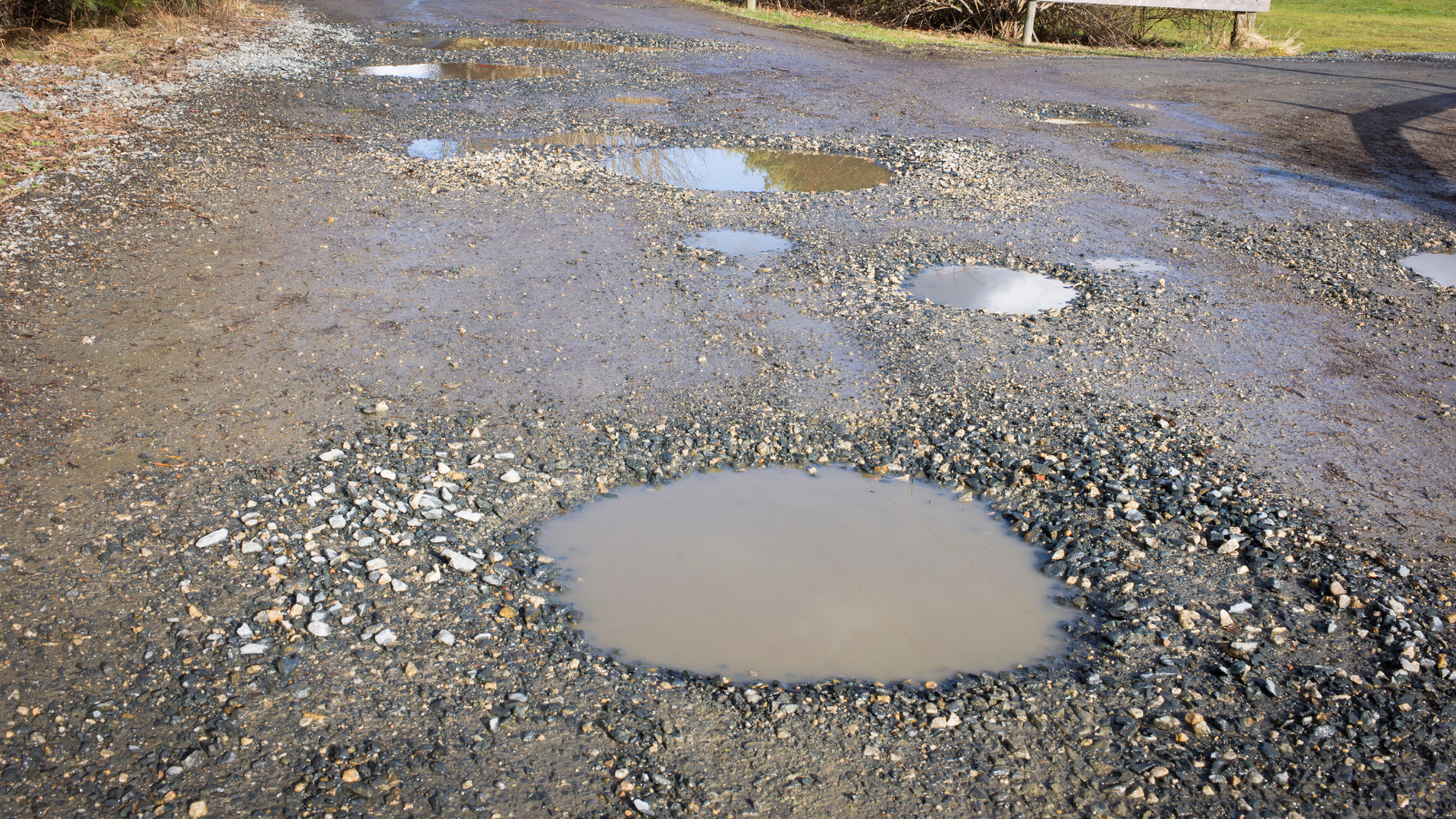Should I put asphalt or concrete on your driveway, sidewalk, or parking lot? How do their prices compare? Which one will help you the most? Which is more likely to last? Does one option require less maintenance?
Well, (drum roll, please) the answer is… it depends. How the pavement will be used, the weather where it will be put down, your budget, and other things will affect whether you choose concrete or asphalt.
We’ve put together this guide to help you decide whether asphalt or concrete is best for your driveway or other paving projects at home.
PAVING CHOICE CONSIDERATIONS
When choosing a paving material, there are a lot of things to think about:
- Does your sidewalk belong to you or can anyone walk on it?
- How much will your pavement be used every day?
- Will you be able to keep people from driving on the new pavement for a while?
- Will you put heavy things on your sidewalk?
- Where you live, does it tend to be cold or hot?
- Does it get cold enough to freeze in the winter?
- How big is the area you want to pave?
- Which is more important to you: how much it will cost upfront or how long it will last?
After you answer these questions, you should be able to make a good choice.
DOES THE WEATHER HAVE DIFFERENT EFFECTS ON ASPHALT AND CONCRETE?
The weather is the first thing to think about when deciding between a concrete or asphalt driveway.
If you live in a place with harsh winters and temperatures that drop below freezing, asphalt may be the best option for your project.
EXTREME COLD CLIMATE
- Asphalt isn’t hurt by colder temperatures, and road salt doesn’t hurt it either.
- Snow and ice will melt faster on an asphalt driveway than on a concrete one because asphalt soaks up heat from the sun.
- Concrete can frost heave, expand, and shrink, all of which can cause damage over time.
- Salt, which is put on roads to melt snow and ice, breaks down concrete.
SUPER HOT WEATHER
- Concrete is the best material for roads in places that get a lot of sun or heat.
- When it’s very hot, asphalt pavement gets soft and can become oily or sticky.
- As soon as it gets cooler at night, asphalt will get hard again. Because it keeps getting softer and harder, it can crack and sag.
HOW DO YOU INSTALL AND TAKE CARE OF CONCRETE AND ASPHALT?
Even though asphalt is easier and cheaper to install than concrete, it needs a lot of maintenance to stay in good shape.
Asphalt needs maintenance and repairs quite often, but it’s easy to do and won’t cost you much money.
For asphalt maintenance, you might not even need to call a pro, and there are plenty of do-it-yourself guides online to help you out. Just check out some of our other blog posts!
On the other hand, installing concrete costs more, but it doesn’t need to be fixed up as often as asphalt does. But if your concrete needs to be fixed, it’s usually harder and more expensive to do so than asphalt.
HOW LONG DOES EACH LAST? CONCRETE OR ASPHALT?
Both options will last for decades if they are installed correctly, kept in a moderate climate, and taken care of regularly.
A driveway made of concrete should last between 30 and 40 years.
A driveway made of asphalt should last between 20 and 30 years.
Even though asphalt pavement doesn’t last as long as concrete pavement, it costs less to fix.
But if you don’t take care of your driveway and don’t do the maintenance that it needs, both types of driveways will fail in a few years.
CAN YOU DRIVE ON ASPHALT OR CONCRETE SOONER?
If you need to drive on your new pavement quickly, asphalt is probably the best choice. A couple of days after putting in an asphalt driveway, you can drive on it.
With concrete, you’ll have to wait about a week before it’s ready to drive on.
This is an important thing to think about if there aren’t many places to park on the street near you or if you can’t wait a week for the concrete to set.
DO YOU HAVE TO SEAL ASPHALT OR CONCRETE?
After the first seal, your asphalt will need to be sealed again every three to five years. This is an easy job that you can do by yourself, and if you want your driveway to last longer, you have to do it.
Sealing concrete driveways every couple of years isn’t necessary, but it does slow down how much the top layer of concrete fades. So, you can seal your concrete to make it look like it was just laid. Browse around this site.
DOES CEMENT OR ASPHALT GET MESSY?
Asphalt is a dark surface that can hide spills like engine oil, gas drips, and even rust marks. It also wears really well.
On the other hand, spills and stains tend to show up on the surface of the concrete. If you choose concrete pavement, you’ll have to clean it more often to keep it looking good.
Still not sure what kind of paving would work best for you? Call us! We can help you find the best pavement by giving you advice and direction that is not biased.
At Elizabeth Paving, we provide residential, commercial, municipal, and industrial customers with high-quality asphalt paving, asphalt repair, and asphalt maintenance.
If you call (908) 458-9401 during business hours, you will always get a response the same day.
Contact us right away to get your free quote.
Related post: Repair Your Asphalt Driveway Yourself?







